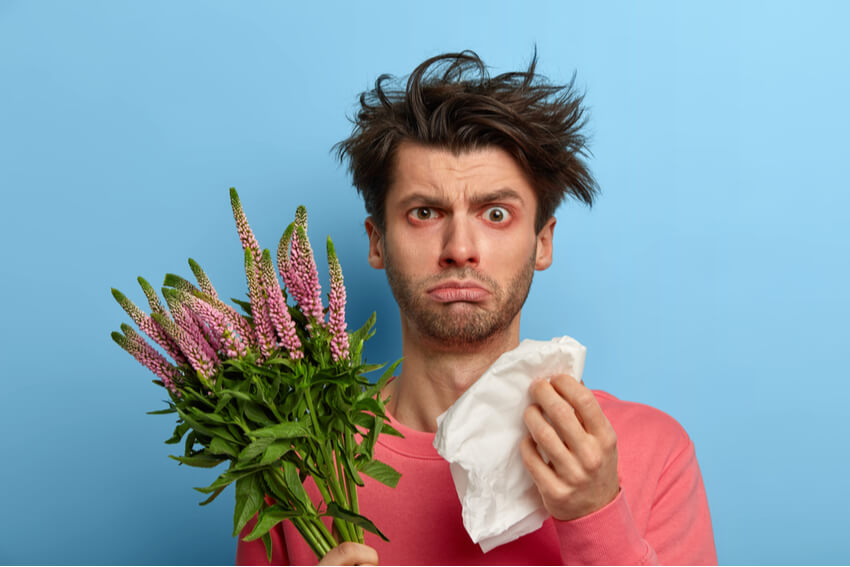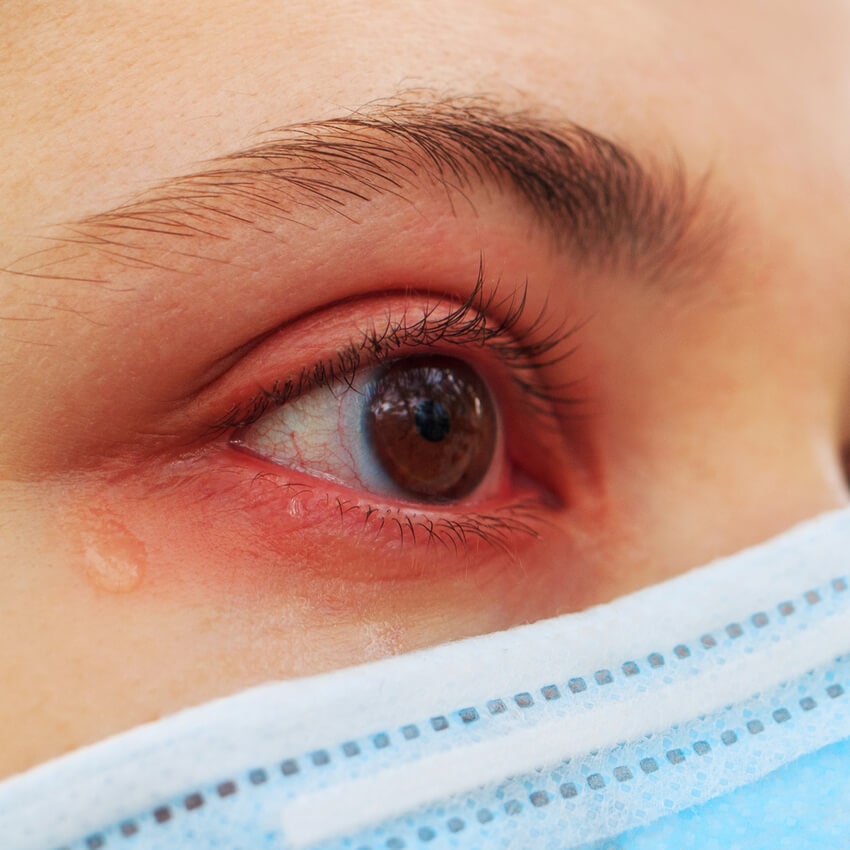Help Your Eyes to Get the Better of Spring Allergies
As much we adore the warmth of spring sunshine and the beauty of the flowers, hay fever can make these things difficult to enjoy. Unfortunately, it’s pretty hard to appreciate spring when your eyes are itchy, red and sore! However, suffering from eye allergy symptoms doesn’t mean you need to stay all season indoors. Read on to discover our top tips for protecting your eyes against pollen and getting the better of spring allergies.
What Is Hay Fever?
Hay fever is an allergic reaction that affects approximately one in 5 individuals. It usually strikes at the beginning of March when pollen counts are high. When pollen comes into contact with the body, the immune system fights back in an act of self-defense. As it identifies the pollen as harmful, it releases antibodies into the bloodstream. As a result, people who suffer from hay fever experience sneezing, coughing, an itchy throat, a runny nose, and irritated eyes.

Your Eyes and Hay Fever
Hay fever can affect your eyes in a few different ways. When pollen contacts the eyes, it triggers the release of histamine. Because of the immune system’s inflammatory response, many people with hay fever experience swollen or puffy eyes. It can be tempting to try to alleviate itchiness by rubbing the eyes, but this can actually increase irritation and redness.
The body may attempt to flush the pollen out of the eye, which is why hay fever is often accompanied by watery eyes. Depending on how serious your hay fever is, it may also cause blurred vision that can persist for weeks or even months.

Protecting Your Eyes from Hay Fever
Unfortunately, there is no cure for hay fever. However, there are some simple changes you can make to protect your eyes from pollen and lessen discomfort.
First of all, we highly recommend protecting your eyes by wearing glasses or sunglasses. This will help shield your eyes from pollen.
If you’re a contact lens wearer and hay fever sufferer, we encourage you to avoid wearing your contacts as much as possible during the spring. Contact lenses can actually trap the pollen against the surface of your eyes, making hay fever symptoms worse.
In addition, you should take extra care to keep your home and clothes pollen-free. This may require some extra vacuuming and cleaning but your eyes will be more comfortable as a result.
Finally, we know it’s tempting to leave windows and doors open in order to enjoy the fresh air, but for those suffering from hay fever, this can actually do more harm than good. For this reason, we advise against this, especially when pollen counts are high.
Get In Touch

If you would like to book an eye appointment or get some advice on the best eye allergy treatment for you, please get in touch. One of our friendly team will be more than happy to assist you or answer any questions you may have.
